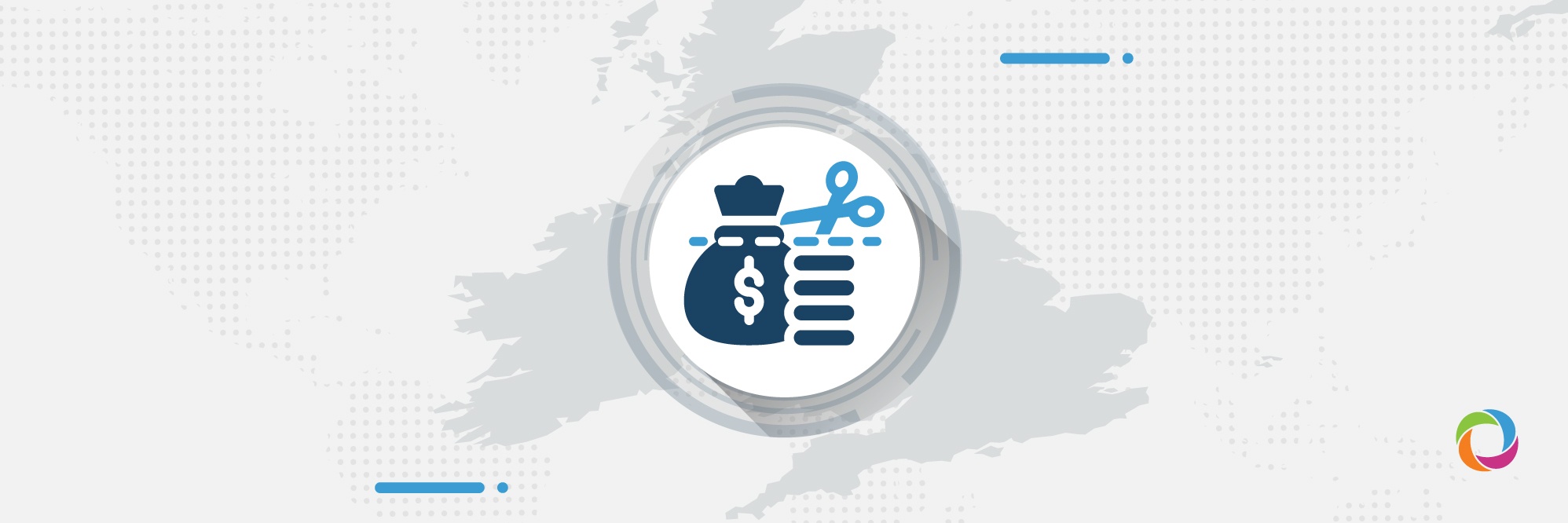The British Government’s decision to allocate less development aid in 2021 than in 2020 has sparked a wave of bitter criticism from charities, philanthropists, and politicians. Commenting on the £600 million (about US$830 million) decrease in the humanitarian aid budget, aid organizations described the decision as “a tragic blow” to people in need and to the UK’s reputation.
What happened?
On 21 April, UK Foreign Secretary Dominic Raab announced that the government had cut the annual overseas aid commitment from 0.7% to 0.5% of gross national income. The move would allow the country to save around £4 billion (over US$5.3 billion) compared to the ODA budget of £14.471 billion in 2020. The allocations for assistance for humanitarian preparedness and response also fell, decreasing from £1,536m in 2020 to £906m this year.
Dominic Raab noted that the government would return to the commitment to spend 0.7% of gross national income on ODA “when the fiscal situation allows”, without specifying a precise date. Moreover, the government has also failed to provide any specific information as to the ODA breakdown per country, indicating only the priorities it intends to target.
Charities outraged
After the budget announcement, 200 UK charities and aid organizations, including Save the Children, Oxfam, ONE, Christian Aid, Care International, and The HALO Trust, co-signed a statement voicing their deep concerns regarding the decrease and accusing the government of failing to support those in need.
“Today’s announcement is a tragic blow for many of the world’s most marginalized people the UK once supported, and for the UK’s reputation as a trusted development partner. The government has not even spared countries ravaged by humanitarian crisis, disease, war, and poverty,” the statement read.
Recalling that other nations had bolstered their aid budgets, the charities described the UK Government‘s decision as a “wrong move”.
“In a year when the UK has the chance to show leadership at G7 and COP26, withdrawing vital investment needed to keep everyone safe from health pandemics, conflicts, and climate change, is the wrong move.”
More criticism
The director of the Norwegian Refugee Council in the UK, Martin Hartberg, said that the cut in UK ODA would hit “the world’s most vulnerable communities with deadly force”. He noted that the decision “comes at the worst possible time when we are facing record levels of global humanitarian needs” and called on the government “to rethink this calamitous decision, and not slam the door shut on the world’s poorest people”.
Meanwhile, philanthropist Bill Gates has urged the UK Government to restore the previous level of humanitarian support highlighting its importance in getting vaccines to the world’s poorest.
“The quicker the UK can get its aid level back up to the 0.7% the better,” he told a British news TV channel on 25 April.
Andrew Mitchell furious at latest overseas aid cuts, slipped out without an oral statement to MPs.
“These words hide the most draconian cuts ever made by Britain and they affect many countries where Britain has a deep and abiding relationship.”https://t.co/Ox1OiplzcJ— Paul Waugh (@paulwaugh) April 21, 2021
UK Parliament member Andrew Mitchell described the drop as “draconian”, adding:
“These words hide the most draconian cuts ever made by Britain and they affect many countries where Britain has a deep and abiding relationship.”
What’s at stake?
The UK’s decision to cut its development aid by about £4 billion came against the background of the UN’s forecast that the number of people needing humanitarian assistance might reach 235 million in 2021, an increase of about 40% against 2020. The UK’s decision runs counter to its commitment of allocating 0.7% of its gross national income. This amount is enshrined in British law but the government has argued that the legislation allows them to decrease this providing it can be explained to parliament the reasons for doing so.

